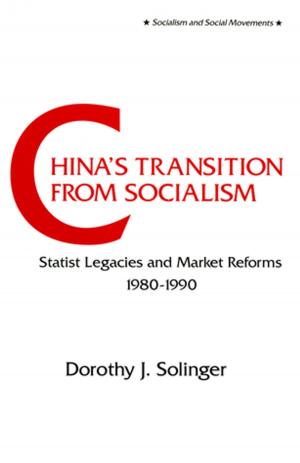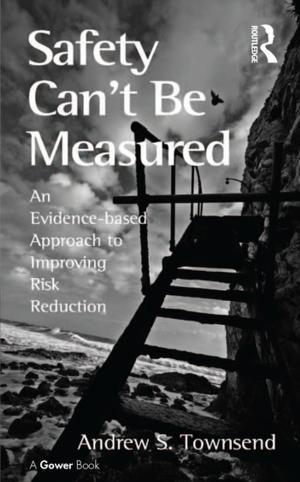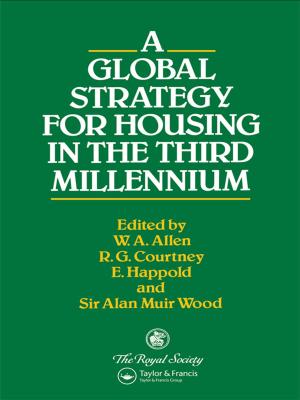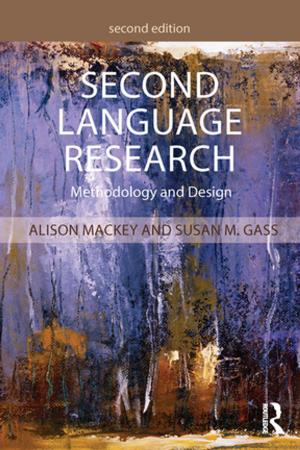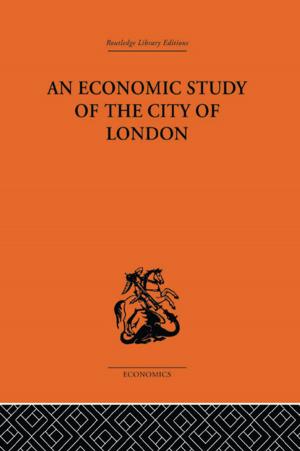Valuing Development, Environment and Conservation
Creating Values that Matter
Nonfiction, Health & Well Being, Psychology, Developmental Psychology, Science & Nature, Nature, Environment, Environmental Conservation & Protection, Social & Cultural Studies, Social Science| Author: | ISBN: | 9781351625104 | |
| Publisher: | Taylor and Francis | Publication: | October 17, 2018 |
| Imprint: | Routledge | Language: | English |
| Author: | |
| ISBN: | 9781351625104 |
| Publisher: | Taylor and Francis |
| Publication: | October 17, 2018 |
| Imprint: | Routledge |
| Language: | English |
Policy-makers are increasingly trying to assign economic values to areas such as ecologies, the atmosphere, even human lives. These new values, assigned to areas previously considered outside of economic systems, often act to qualify, alter or replace former non-pecuniary values. Valuing Development, Environment and Conservation looks to explore the complex interdependencies, contradictions and trade-offs that can take place between economic values and the social, environmental, political and ethical systems that inform non-monetary valuation processes.
Using rich empirical material, the book explores the processes of valuation, their components, calculative technologies, and outcomes in different social, ecological and conservation domains. The book gives reasons for why economic calculation tends to dominate in practice, but also presents new insights on how the disobedient materiality of things and the ingenuity of human and non-human agencies can combine and frustrate the dominant economic models within calculative processes.
This book highlights the tension between, on the one hand, a dominant model that emphasises technical and ‘universalising’ criteria, and on the other hand, valuation practice in specific local contexts which is more likely to negotiate criteria that are plural, incommensurable and political. This book is perfect for researchers and students within development studies, environment, geography, politics, sociology and anthropology who are looking for new insights into how processes of valuation take place in the 21st century, and with what consequential outcomes.
Policy-makers are increasingly trying to assign economic values to areas such as ecologies, the atmosphere, even human lives. These new values, assigned to areas previously considered outside of economic systems, often act to qualify, alter or replace former non-pecuniary values. Valuing Development, Environment and Conservation looks to explore the complex interdependencies, contradictions and trade-offs that can take place between economic values and the social, environmental, political and ethical systems that inform non-monetary valuation processes.
Using rich empirical material, the book explores the processes of valuation, their components, calculative technologies, and outcomes in different social, ecological and conservation domains. The book gives reasons for why economic calculation tends to dominate in practice, but also presents new insights on how the disobedient materiality of things and the ingenuity of human and non-human agencies can combine and frustrate the dominant economic models within calculative processes.
This book highlights the tension between, on the one hand, a dominant model that emphasises technical and ‘universalising’ criteria, and on the other hand, valuation practice in specific local contexts which is more likely to negotiate criteria that are plural, incommensurable and political. This book is perfect for researchers and students within development studies, environment, geography, politics, sociology and anthropology who are looking for new insights into how processes of valuation take place in the 21st century, and with what consequential outcomes.


